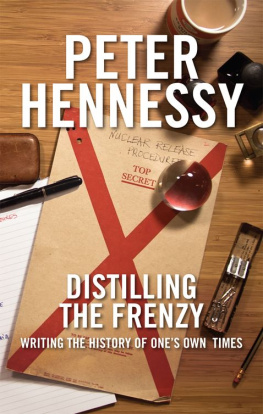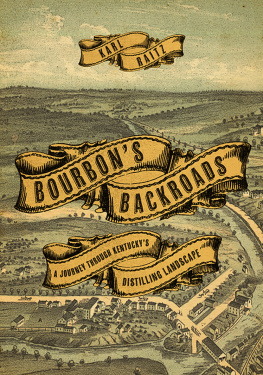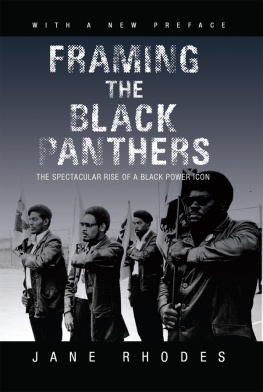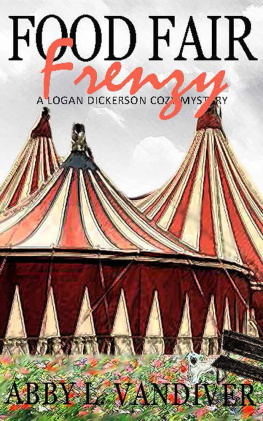CONTENTS
1 THE HUMAN FOOTNOTE:
HISTORY AND AUTOBIOGRAPHY
2 STAYING BEHIND, CATCHING UP AND LOOKING FORWARD:
THE CONTEMPORARY HISTORIANS CRAFT
3 AN INSTINCT TO INTERVENE:
BRITAINS PLACE IN THE WORLD
4 CHILD OF THE URANIUM AGE:
THE SHADOW OF THE BOMB
5 THE THIN WISPS OF TOMORROW:
THE HORIZON-SCANNERS CRAFT
6 TASKS AND FLOWS:
THE IMPACT OF THE NATIONAL SECURITY COUNCIL ON BRITISH INTELLIGENCE
7 A VERY PECULIAR PRACTICE:
WATCHING PRIME MINISTERS
8 POWER AND THE PURSUIT OF INFLUENCE:
WHY STUDY GOVERNMENT AND PARLIAMENT ?
9 THE VIEW FROM A HOGWARTIAN WINDOW:
THE QUESTION OF THE LORDS
10 THE POWER AND THE STORY:
POLICY-MAKERS AND HISTORIANS
11 PAPER TRAIL:
BECOMING AN ITEM IN THE ARCHIVE
CONCLUSION THE TAXI DRIVER AND BERTRAND RUSSELL:
WHATS IT ALL ABOUT? THE ROAD TO 2052
Madmen in authority, who hear voices in the air, are distilling their frenzy from some academic scribbler of a few years ago.
J . M . KEYNES , 1936
WHAT Albert Einstein called a holy curiosity
Yet, in that same speech devoted to Britains history as an imperial power, Mr Powell went on to claim that all history is myth. It is a pattern which men weave out of the materials of the past. The moment a fact enters into history it becomes mythical, because it has been taken and fitted into
How much dbris passes through what my friend Sir Mark Allen calls the nit-comb of history Inevitably, the scholars capacity to capture and reconstruct the past before applying his or her historical imagination will always and everywhere be seriously limited.
Enoch Powell knew as much as any man or woman Ive known about the power of historical imagination to move and stir individuals and audiences. Indeed, he became an instant household name when he did just that during a speech on immigration in Birmingham in April 1968.
Even on less sensitive topics there was always an air of the psychodramatic about Mr Powell when he came into BBC Broadcasting House for a Radio 4 Analysis discussion I was chairing, whether it be with Tony Benn on the royal prerogative when his distillation of historical imagination took him back to the late Middle Ages:
Backward travels our gaze, beyond the grenadiers and the philosophers of the eighteenth century, beyond the pikemen and the preachers of the seventeenth, back through the brash, adventurous days of the Tudors, and there at last we find them in many a village church, beneath the tall tracery of a perpendicular East window and the coffered ceiling of the chantry chapel. From brass and stone, from line and effigy, their eyes look out at us, and we gaze into them, as if we would win some answer from their inscrutable silence.
Tell us what it is that binds us together; show us the clue that leads through a thousand years; whisper to us the secret of this charmed life of England, that we in our time may know how to hold it fast.
Imagine these thoughts, those images, intoned in that extraordinary West Midlands accent rising up, sentence by sentence, as if its deliverer were a kind of classically educated air-raid siren.
In contrast, the distillation of my frenzy is deeply prosaic and covers but a tiny patch of our past in terms of its concentration Britain post-Victory in Europe. It spans the generation that stood firm during the Second World War, finally prevailed with its allies then bred me and my generation. Mine is not a thing of effigy and line, of 800-year-old village churches (much as I, too, love them). Mine is an early welfare state Britain, an age of relative political consensus, possessing a strong sense of a stoical, admirable recently shared past of great and sustained collective effort. Buckled to this was a postwar austerity, an absence of conspicuous consumption, out of which would come a juster, healthier, better-educated and more socially harmonious country when easier times returned. That was the aspiration. That is still my sustaining myth my gold standard which I profoundly hope will not prove to be the high-water mark of institutionalised decency in British history (though I strongly fear it might).
There are, no doubt, a whole sheaf of my sustaining myths running through the pages that follow. I am especially prone to them in those passages of personal history where, as Seamus Heaney put it, hope and history rhyme.
It did feel good. And the rockier patches in Britains fortunes since that boyhood formation have very definitely not felt good. And, as during the summer riots of 2011, they still dont. I am not, as Anthony Trollope described his fictional Whig-Liberal Prime Minister, Plantagenet Palliser, the Duke of Omnium, one of those for whom patriotism was a fever. But I have always taken it badly when things run wrong for our country, especially when an element of own-goal scoring is involved.
In fact, writing the history of ones own times is a thing of paradox, as Julian Barnes caught it, with a Disraelian touch, in his Booker Prizewinning The Sense of an Ending in 2011:
The history that happens underneath our noses ought to be the clearest, and yet its the most deliquescent. We live in time, it bounds us and defines us and time is supposed to measure history isnt it? But if we cant understand time, cant grasp its mysteries of pace and progress, what chance do we have with history even our own small, personal, largely undocumented piece of it?
Yet the pitfalls of writing the history of ones own country within very largely the compass of ones own memory and experience of it are trumped by the perpetual fascination of its curiosity-filled pursuit undertaken, one can only hope, in the spirit of Spinoza, who declared in 1677 that I have striven not to laugh at human actions, not to weep at them, nor to hate them, but to understand them.
The opportunity to backward travel my gaze I owe to the Trustees of the annual Wiles Lectures at Queens University, Belfast who invited me to take to the podium in May 2012. I am very grateful to Professor Peter ). And I enjoy immensely the companionship of sitting on the crossbenches of the House of Lords with Professor Lord Bew.
The pleasure of accepting the Trustees invitation was made more exquisite still as it enabled me to cast that backward gaze over those aspects of writing the history of ones own country in ones own times that have intrigued me most. The range of topics within these pages reflects the two historical streams that have carried me along in a cataract of boredom-avoidance, first as a journalist and later as a university teacher: the wider themes of Britains place in the world plus the defence, diplomatic and intelligence efforts that go with it; the mechanics of the state and parliamentary activities that keep us, we hope, a clean and decent and relatively efficient political society as we do so; the utility of history to government and governed alike; and the need to help create what Walter Bagehot called the instructed imagination vital to those in authority who seek to rise above the commonplace.
I am grateful for lecture and seminar invitations that have enabled me to mount dry runs for a number of chapters inside these covers in addition to the immense stimulus provided by the Wiles Trustees: to the Gresham Society for their invitation to deliver the 2011 Peter Nailor Lecture (chapter 3); to Lady Quinlan, the former Lord Speaker, Baroness Hayman, the Mile End Group and the Trustees of the Michael Quinlan Lecture plus Lord Guthrie of Craigiebank and the Liddell Hart Trustees to deliver the 2011 Sir Michael Quinlan and Sir Basil Liddell Hart lectures respectively (chapter 4); to Baroness Garden of Frognal and the Royal Institute of International Affairs (Chatham House) for the invitation to deliver the Sir Timothy Garden 2011 Lecture (chapter 5); to Professor Christopher Andrew and Dr Peter Martland and the Cambridge Intelligence History Seminar and to Professor Len Scott of the Department of International Politics at the University of Aberystwyth (chapter 6); to Charles Dormer and the Kings School, Grantham for the invitation to deliver the 2011 Burghley Lecture (chapter 7); to the Marquess of Salisbury and the University of Hertfordshire for the invitation to deliver the Chancellors Lecture 2012 (chapter 8); and to Vice Admiral Charles Style and the Royal College of Defence Studies for the invitation to deliver the 2011 Churchill Lecture (chapter 10).














